World Fine Art Professionals and their Key-Pieces, 441 - Menno Pasveer
World Fine Art Professionals and their Key-Pieces, 441 – Menno Pasveer
Menno Pasveer’s studio is located on the attic floor of a large artist’s building in Scheveningen, not far from the harbor and the beach. He is one of the three nominees of the Piket Art Prizes 2023, painting section. His work was recently on display at Ten Haaf Projects in Amsterdam. I saw a beautiful painting of a chainsaw.
He has a lot of space. Sometimes he makes his work on an easel, but usually the canvas is against the wall, immediately to the right of the door. “Then the air can pass through well.” I see the paint spots. His work stands out, I already saw it in Amsterdam. These are not common paintings. It’s about physical labor and/or the beauty of the machine.
Floor cleaner
That came about when he graduated from the Royal Academy, he says. “At the end of my studies, I started making work that was close to myself. I have been working as a floor cleaner since I was 15. I was looking for a topic. When you look at paintings you feel whether something is real. All the pieces of the puzzle fell together on this topic. I found it to be genuine and honest, with something I love.” The series he graduated with was called ‘An ode to floor cleaning’.
He still cleans every Monday at vocational and secondary schools.
The beauty of the machine goes hand in hand with his idea of painting, he says. “The special thing about my profession is that you can convince someone by the way I paint. A machine creates space for that way of painting because a machine is less narrative. When you paint people you quickly get distracted by the story, which is another branch of painting.”
The beauty that lies hidden in the everyday
He recently created a series about the beauty of the chainsaw. “All my paintings with people are less strong than those with a machine on them. I have decided for myself not to paint people anymore for the next 15 canvases. They will all be still lifes.”
The next series will be called: ‘The beauty that lies hidden in the everyday’. “These are everyday objects that I will illuminate through painting. As a painter you look at the world around you in a certain way. Sometimes, for example, I see how the light falls just right on a bicycle, or breaks through the clouds. That hits me then. Just as a violinist can be moved by a certain tone. My job is to capture that moment.”
He bought a deep fryer. I see it further away on another table. He completely rubbed and polished it. There is also a jerry can with frying fat. “These types of objects symbolize the everyday. I want to get something that is thoroughly everyday, not something special like a pearl from a pearl necklace.”
Does Menno have a key work?
“Well, a key work… I do have an important work. Those were two canvases that stood next to each other at my graduation. One is a large self-portrait of me standing with a smear stick (a kind of large mop) in my hand, and next to it a large abstract canvas that I made with a smear stick as a brush. It’s a conversation between hyperrealism and total abstraction. I loved painting that. They are two different energies, like classical music and funk, sweet and sour.”
“Many painters relate to one style, I think it’s fantastic to pick up more styles. It is precisely the conversation between the styles that appeals to me.”
A painter who appeals to him is Katy Heck, who was on display in 2020 at the GEM, now KM21 in The Hague. “She does that – two styles – in one canvas. The Stedelijk Museum in Amsterdam, for example, has a retrospective exhibition with all works of different styles together. It is an amazing combination with work by Rothko, De Kooning and Van Eyck together. I think that’s cool.”
His great example, however, is a painter from The Hague, Philip Akkerman, the man who always depicts his face. “He paints in an old master style that I love. I was allowed to assist him with an exhibition of his work at NEST.”
How long has he been an artist?
He has now graduated from the Royal Academy in The Hague for a year. “I learned a lot at the Academy. There is a technical approach, where you learn the craft of a painter. For three years I followed the same technical painting course from Frank Lisser again and again.
He comes from an artistic family. “My mother paints and makes ceramics and encouraged us to create. My father and my middle brother are architects and my eldest brother is a carpenter, among other things.”
What is his experience of art life?
“It is a privileged profession, I always enjoy going to the studio. There is a difference between my studio and the academy, where you were surrounded by many people. I recently read a quote from Karel Appel who once said ‘Loneliness is my greatest friend’, I think that is true for the painting profession.
He was surprised and honored when he heard that he had been nominated for the Piket Art Prize, painting department. “I was cleaning a large room at the time and was confused for a moment. I put the machine aside. Whoever wins, it is a great appreciation that I like to use as motivation.”
Finally, what is his philosophy?
“There are different types within painting. One is textually/verbally strong, the other excels more visually. I try to focus on the visual. I try to convince someone through the formal quality of my painting.”
Images
1) STIHL jerry can, 105 x 90 cm oil on linen, 2023, 2) STIHL BG86, 120 x 105 cm, oil on linen, 2023, 3) LIEBH, 120 x 105 cm, oil on linen, 2023, 4) Instagram Jontec matt in action, 5) The Water Sucker 1, 6) The Grease Stick 3, 7) portrait photo Menno Pasveer during graduation, 8) STIHL MS180, 55 x 55 cm, oil on linen, 2023, 9) STIHL on pile of wood, 105 x 90 cm oil on linen, 2023
https://www.mennopasveer.com/https://www.instagram.com/mennopasveer/https://www.piketkunstprijzen.nl/menno-pasveerhttps://ifthenisnow.eu/nl/verhalen/de-wereld-van-de-haagse-kunstenaar-127-menno-pasveer
Disclaimer: The views, opinions and positions expressed within this guest article are those of the author Walter van Teeffelen alone and do not represent those of the Marbella Marbella website. The accuracy, completeness and validity of any statements made within this article are not guaranteed. We accept no liability for any errors, omissions or representations. The copyright of this content belongs to Walter van Teeffelen and any liability with regards to infringement of intellectual property rights remains with the author.

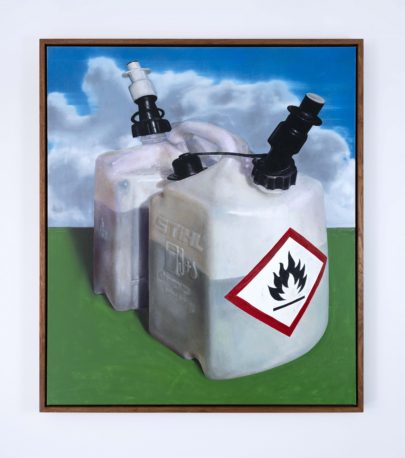
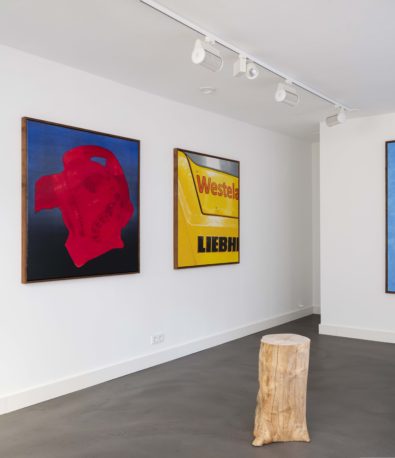
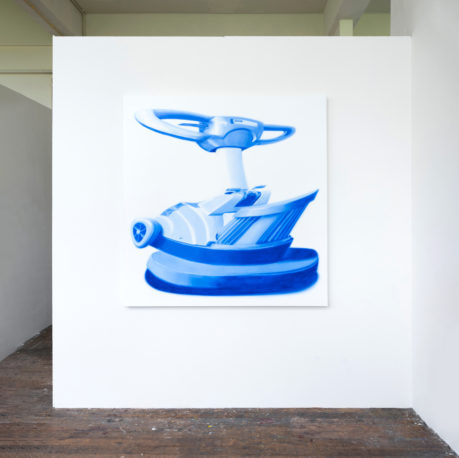
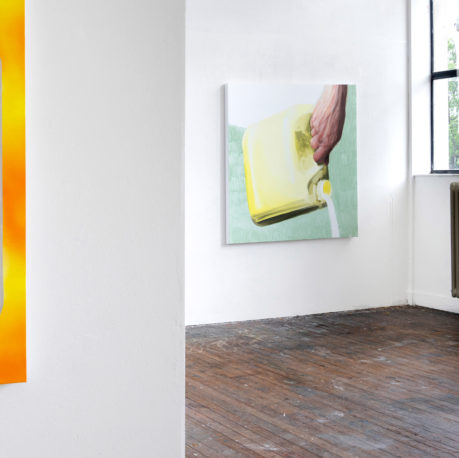
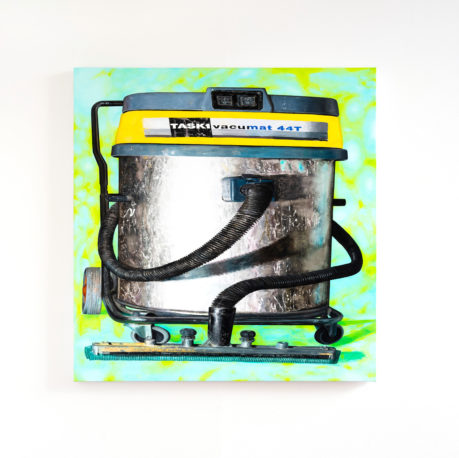
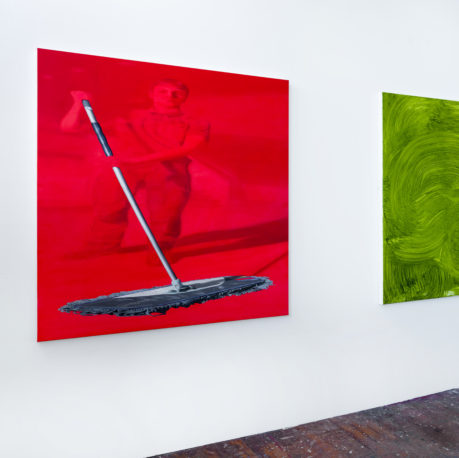
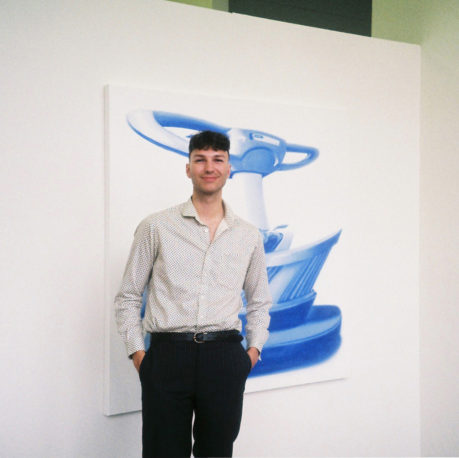
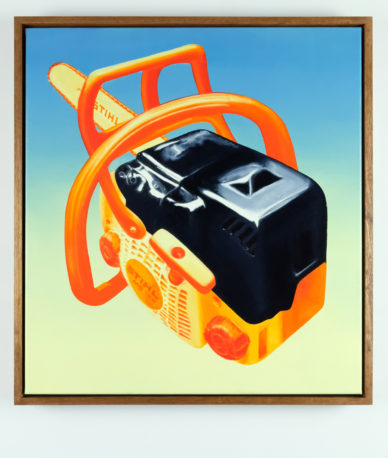
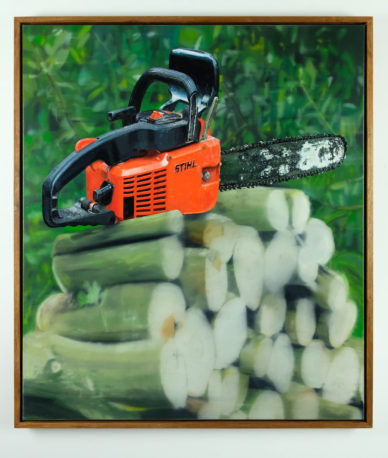
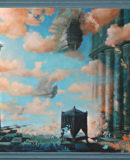










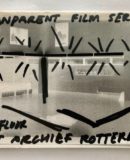


The opinions expressed by individual commentators and contributors do not necessarily constitute this website's position on the particular topic.